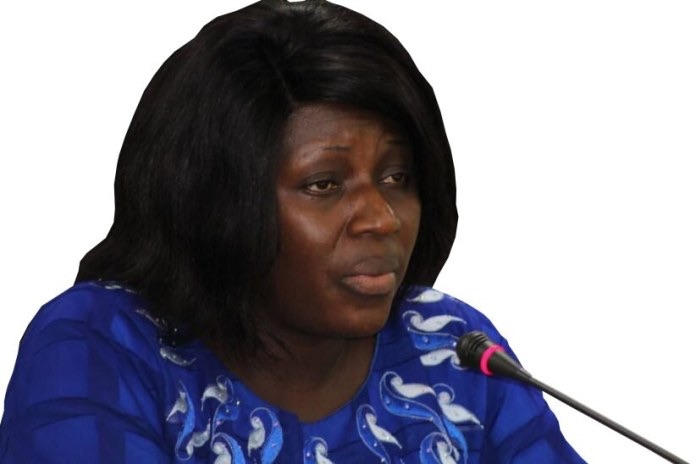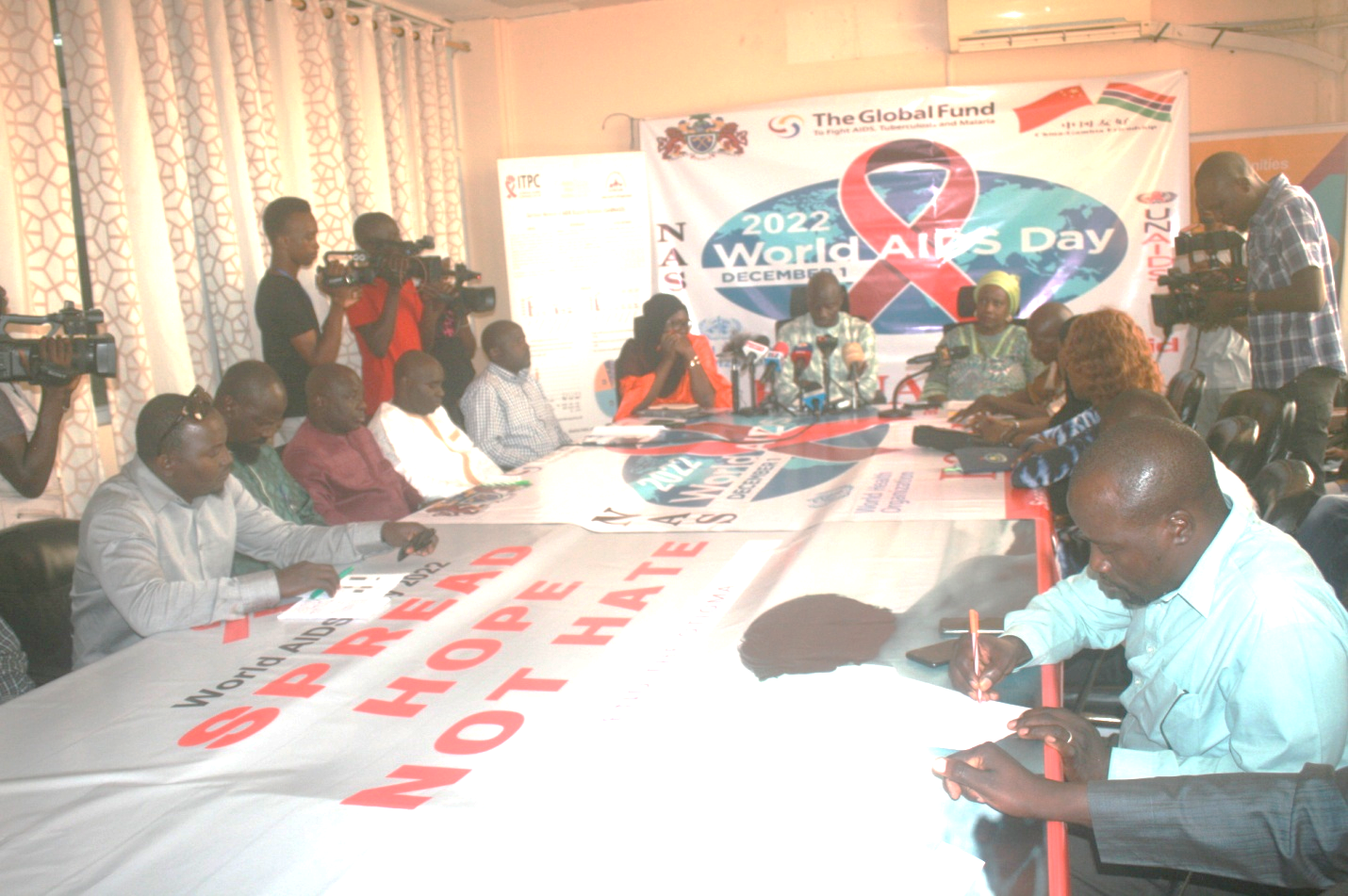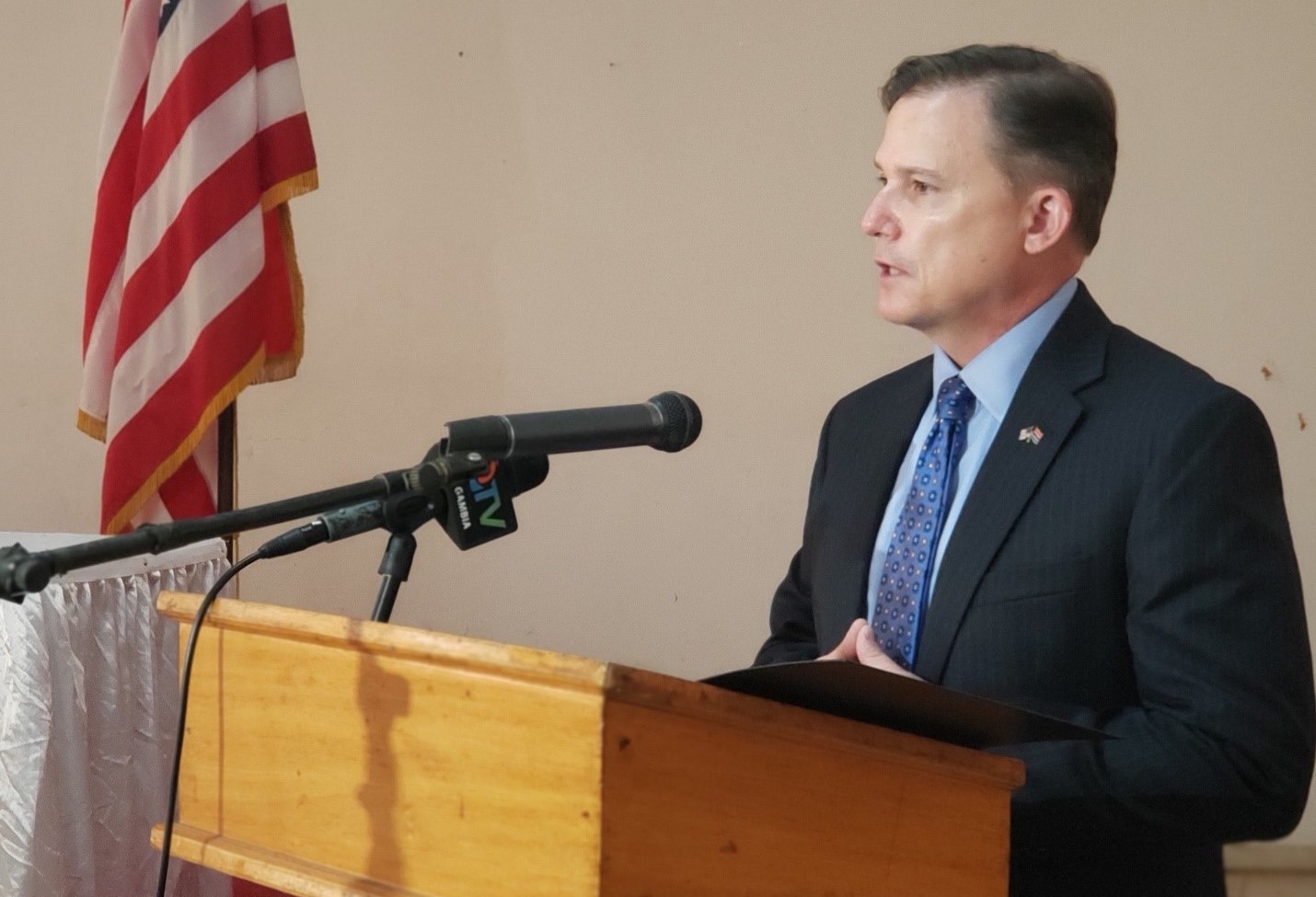Monitored By: Nyima Sillah
The crimes against humanity trial of former interior minister, Ousman Sonko, Wednesday continued before a Swiss court with Plaintiffs Fatou Camara and Fatoumatta K Jawaratestifying.
The First Plaintiff Fatou Camara told the court that she was assaulted by some PIU officials who gave her a very nasty slap on the side during the termination of the protest at Westfield when somebody pointed at her and told the PIU that she was one of the worst opposition members.
She narrated before the court how she was bundled into an open truck at the PIU where some other senior police officers came to the venue including Yankuba Sonko the then inspector general of police, and also YankubaColley who was the then mayor of KMC together with the interior minister OusmanSonko.
The plaintiff narrated that they were moved from the PIU to the Mile ll prisons where they were picked with others from their cells one late night and taken to the notorious NIA touring ground where the whole NIA was full of yelling everywhere which was so frightening
Fatou continues to tell the court that at the NIA her head was covered with a plastic bag and she was carried to a room where she was placed on a bed, one Haruna was called and asked to bring a horse pipe. “I was asked to open my mouth and I refused, then I was subjected to more and more severe beatings until I fainted,” she told the court.
Asked by the judge who was beating her, Fatousaid her head was covered with a plastic bag and she would not know who was beating her but she heard a name called Haruna to bring the horse pipe so she believed Haruna was among those that tortured her
Camara then continued to say that she sustained injuries and got some medical treatment in Russia much later after her release from the NIA.
Asked about the political and human rights climate of the Gambia, Fatou replied that there was no democracy in the Gambia under the leadership of Jammeh and human rights were non-existence.
She was then asked by the attorney general lawyers about the conditions of the cells, she replied to say that the cells were very poor: no medical attention was given and they had no access to any of their relatives or lawyers.
She went on to inform the court that when lawyer Darboe and his team were arrested, Darboe realized that most of the supporters of UDP who were then in prison did not have any mattresses, so he (Darboe) threw his mattress through the window to protests in solidarity with other inmates.
She said she had no access to lawyers; the cells were small and she held the interior minister responsible for whatever might have happened to her.
When asked by the prosecution lawyers to describe Nokoi Njie, Fatou told the court that she was a healthy woman at the time of her arrest but years later after her release her health deteriorated seriously, and could not survive the torture and she died.
Sonko’s Lawyer then asked Fatou if she could tell him the role of Minister Sonko. Fatoureplied that he was responsible for the internal security of the Gambia.
The lawyer went on to say, can you tell me what is the role of the Director General of prisons? Fatou answered she was told by David Colley that both the president and Ousman Sonko were very angry with them but the DG (Colley) will see Sonko as Sonko is his friend so that something can be done about their conditions
Asked if she knew Ousman Sonko Fatou replied ‘yes’, I have known him since when he lived in Dippa Kunda.
For her part, Fatoumatta K. Jawara, the second plaintiff also told the court that she was arrested and taken to the PIU from the Westfield grounds when the police forcefully dispersed and arrested some of them at the PIU.
Asked if she knew why she was arrested. Fatoureplied due to her peaceful demonstration all those who were arrested were subjected to harsh and bad treatment abusive language was used on them later she and others were then taken to Mile ll on the back of an open truck.
She was asked if it was correct that she and others were taken to mile ll she said I was blindfolded and taken to an unknown place within the NIA and a lot of inhumane treatment was there.
When Fatou Jawara was asked what happened when she was taken out of the PIU to the NIA, she explained that at the NIA she was blindfolded and taken to an unknown place, and a lot of inhuman acts were committed to her. Later I was taken before a panel, and when they thought I was not telling the truth, they took me back to the torture ground and beat me very seriously.
“I was beaten again and again and then taken to another dark room, and rights were violated which I don’t want to mention,” Jawara shed tears as she spoke.
Fatou said she was unconscious for days but only found herself in a hospital, she later realized that she, Fatou Camara, and Nokoi Njiewere locked up in a cell.
Jawara told the court that when they regained consciousness they were moved from that place to another place called “Bambadinka.’’ “We could not appear on the first day after being charged because we were in a bad condition even walking was a problem with our clothes torn.”
According to her, her statement was taken under duress at the NIA operations, and the NIA commander stood at her back when the police were taking statements, adding that she and co were arrested and taken to Janjanbureh prisons and tried at Mansa Konkong and sentenced on the 27th July 2016.
After her narration, the Attorney General’s lawyers questioned her asking if she had access to lawyers and families and the answer was No. Responding to other questions, that they were put in a very congested cell, poor quality of food, and poor hygienic condition at Janjanbureh.
The prosecution asked her to describe the psychological and physical condition of her status, she replied that up to date she has a lot of memories and her health condition is not good.





